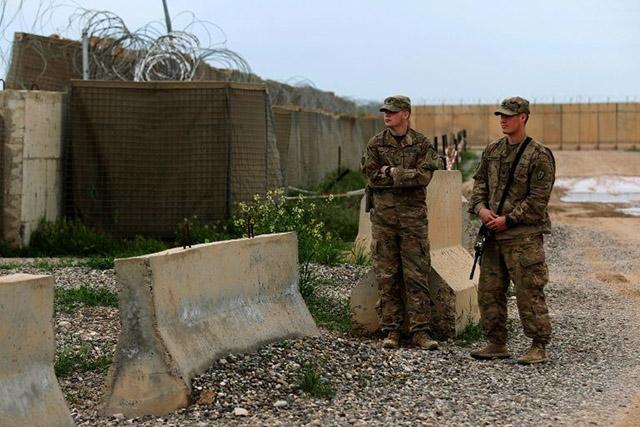- International News
- Sat-2020-07-25 | 03:07 pm

Though Daesh may never be completely eradicated, the group has been significantly diminished from when it controlled swathes of Iraq and Syria just a few years ago, Major General Kenneth Ekman, deputy commander of coalition forces, told reporters.
"What that has allowed us to do is to reduce our footprint here in Iraq," Ekman said, speaking from Baghdad.
"I think over time, what you will see is a slow reduction of US forces," he added.
The presence of US troops in Iraq has been a flashpoint issue, with Iraqi lawmakers voting to formally demand the withdrawal of American forces in recent months.
There are currently about 5,200 US troops in Iraq, which the United States invaded in 2003 to topple Iraqi dictator Saddam Hussein.
Relations between the two countries have been strained since a series of attacks on US interests in Iraq in late 2019 that Washington has attributed to Iran or its paramilitary allies in Iraq.
Ekman said a key sign of Daesh reduced threat was its inability to hold territory, with its activities reduced to a "low level insurgency hiding in rural areas and... in caves".
Daesh declared a cross-border "caliphate" in large parts of Syria and neighbouring Iraq in 2014, but several military campaigns against it chipped away at that proto-state and eventually led to its territorial demise.













